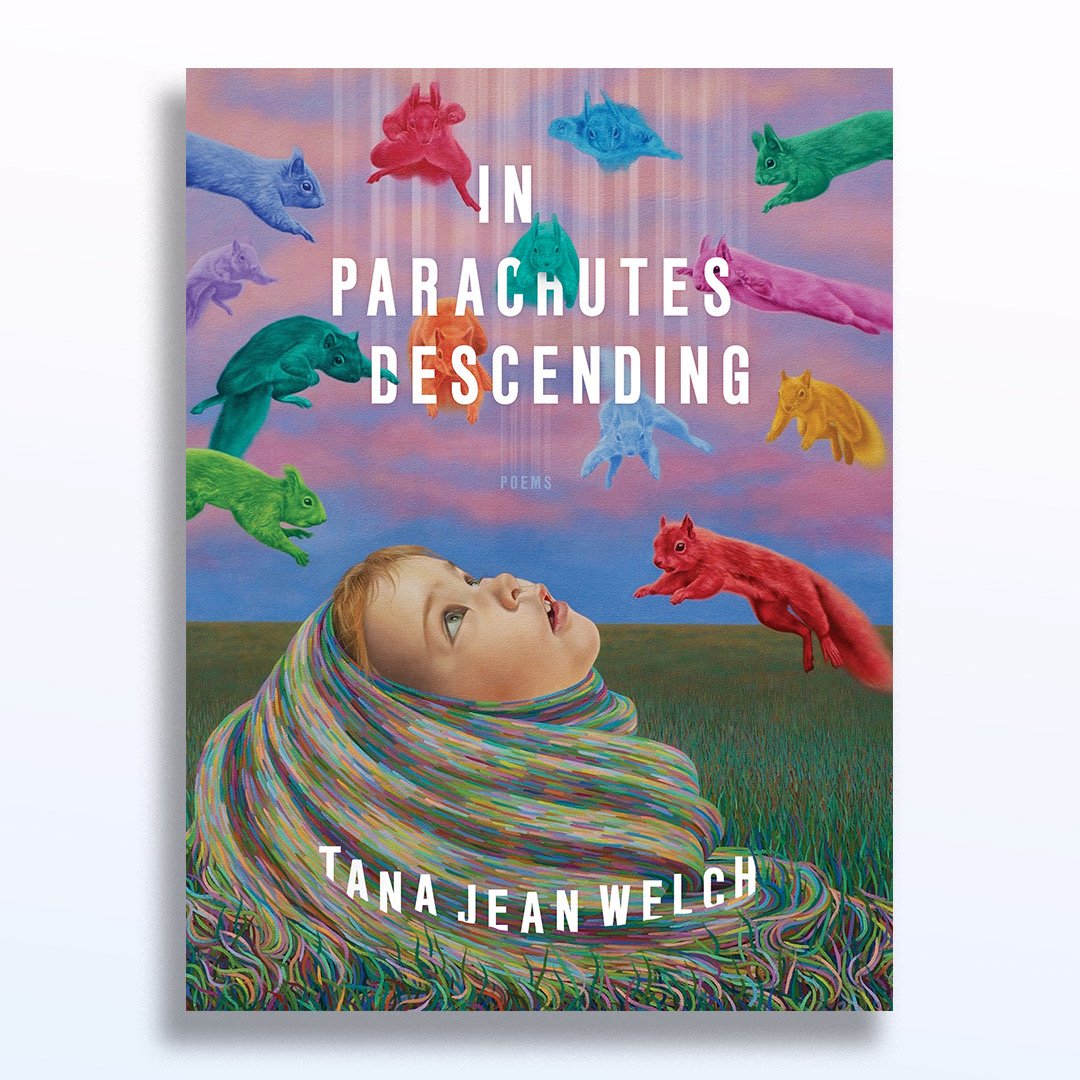IN PARACHUTES DESCENDING
University of Pittsburgh Press | 2024
In Parachutes Descending follows the speaker’s decision to leave her Bostonian husband for Jane, a San Franciscan artist, while charting the sensual consequences of our bodily entanglements. These poems capture personal desires fermenting among current earthly cataclysms, including climate change and global capitalism. In doing so, this collection asks us to think inclusively about the ways we become with all humans and nonhumans, all of us—past, present, and future—intimately entwined with others.
“The poems of In Parachutes Descending float between fact and possibility, destruction and passion, introspection and challenge, between the bodies we create together—lovingly, disastrously, rupturingly, rapturously—and the bodies we dwell in alone.”
—Lauren Russell, author of What’s Hanging on the Hush and Descent
Also available at Powell’s, Tallahassee’s Midtown Reader, and Amazon
More Praise
“In a world that treats bodies too often as commodities, Tana Jean Welch offers a counter perspective that insists on the interconnectedness of all living—and nonliving—beings. Through precise, image-centered language, In Parachutes Descending is that rare poetry book that offers not only a critique but a vision, too.”
—Charlotte Pence, author of Code, winner of the ASPS Book of the Year
“In her second collection, In Parachutes Descending, Tana Jean Welch deftly moves through the climate crisis and human connection. Her rich language, a sexuality turned inward, closes the distance between civilization and its ecology. This collection will brighten your mind and sharpen the space between the individual and the infinite.”
—Avni Vyas, author of Little God
“Tana Jean Welch’s In Parachutes Descending is a palimpsest oscillating between lovers and coastlines, backlit by the tragic absurdities of the Anthropocene. These poems are a ship’s log of geographical losses and ecstasies, an erotic map of floating cities orbited by flesh-eating mermaids, soiled grand pianos, and every form of bare infinitive.”
—Simeon Berry, author of Monograph
